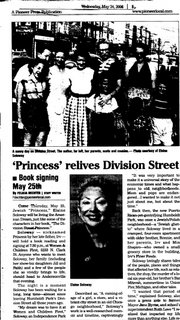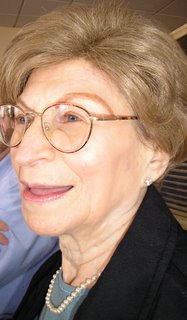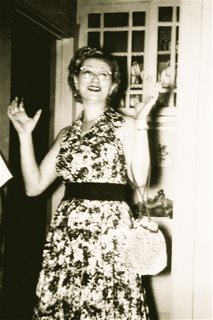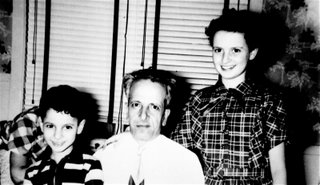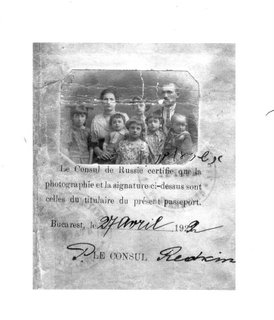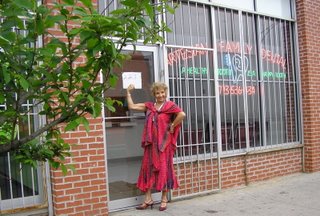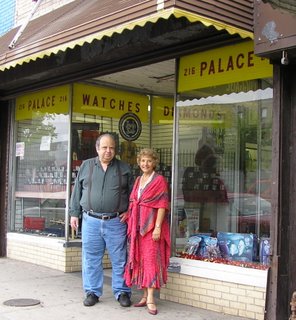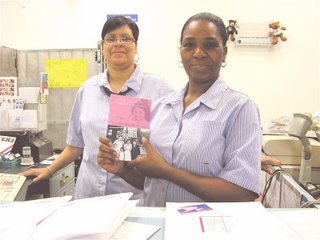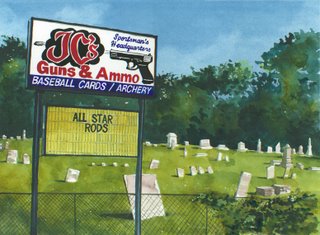
Busy days are ahead for cousin Neil Shapiro and me, Elaine (Shapiro) Soloway: On Friday, June 2, 2006, from 6-10 p.m., Neil is a featured artist at Gallery 203, 1579 N. Milwaukee, Ste. 203, Çhicago, 773-252-1952. If you haven’t viewed Neil’s wonderful work (see above), you can check out his website, and attend the opening, too. The show runs through June 25, and wine and cheese awaits reception guests on the 2nd. Stop in.

On May 31st, Vanessa Bush, a talented reviewer for Chicago Public Radio’s “848” interviewed me re: THE DIVISION STREET PRINCESS. The WBEZ radio program will air during Steve Edward’s hour, sometime between 9-10 a.m. on Thursday, June 1. Luckily for me, the station posts episodes on its website, so you'll be able to hear the interview later that day, and forever after. Tune in.

Finally, I’ll be part of a panel at the Printers Row Book Fair on Sunday, June 4, 2 p.m., at the Nelson Algren Stage, Harrison St. between Dearborn and Plymouth, Chicago. Authors Faith Sullivan (GARDENIAS) and Chris Burks (NEECEY'S LULLABY) will join me in a discussion moderated by Mary Davis Fournier, project director with the American Library Association’s Public Programs office and a member of the Printers Row Book Fair advisory committee. Come by.
Postcript: The May 25th event at Chicago’s Women and Children First bookstore was a smash, with 100 people attending and 70 books sold. Watching and hearing my family and best friend as they joined me in reading passages from THE DIVISION STREET PRINCESS -- while outfitted in grocery store aprons -- was incredibly satisfying for me, and our terrific audience. Here are a few photos from the occasion; but if you want to view lots more (and spot yourself), check out http://web.mac.com/elainesoloway.

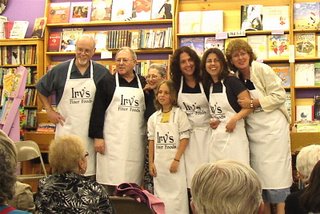
Left to right: cousin Neil Shapiro, brother Ron Shapiro, me, grandson Isaac Soloway-Strozier, daughters Jill and Faith Soloway, cousin Renee Elkin.
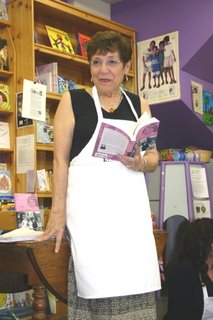
Best friend Ruth Gilbert.
A giant thank you to Felicia Dechter of Pioneer Press for the article that appeared in the Weds. May 24, 2006 issue:
